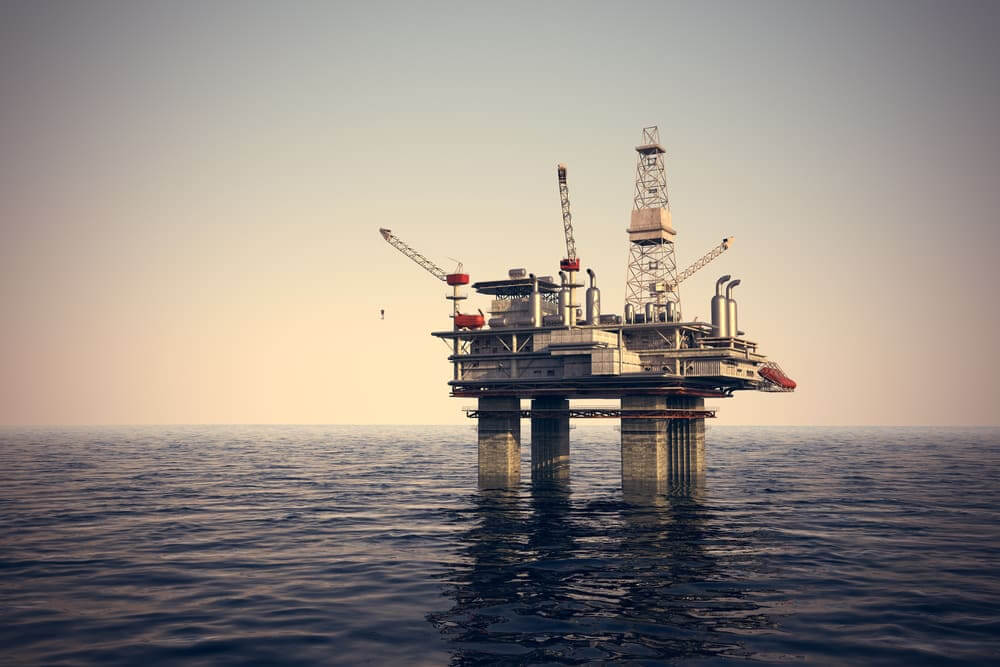
Oil Prices Climb on Supply
Tuesday saw an increase in oil prices due to the high summer fuel demand and the continued energy scarcity due to sanctions on Russian oil following its invasion of Ukraine.
Brent crude had risen $1.61, or 1.4 percent, to $115.74 per barrel.
U.S. West Texas Intermediate (WTI) crude for July increased $2.29, or 2.1 percent, to $111.85 before it expires Tuesday. WTI contract for August, which is more active, was up $2.48 at $110.47 per barrel. The most recent data on airline activity and mobility on U.S. roads, according to UBS analyst Giovanni Staunovo, continue to suggest strong oil consumption despite worries about economic growth.
Prices have been sustained by supply concerns following sanctions on oil shipments from Russia, the second-largest oil supplier in the world; moreover, concerns about how Russian output may decrease due to penalties on production-related equipment also helped the prices.
Due to a U.S. federal holiday on Monday, this week’s weekly U.S. petroleum inventory data will come on Wednesday instead of Thursday. The American Petroleum Institute industry statistics for June 17 are also due on Wednesday instead of Thursday.

Russian Oil Flow Upheaval
The West’s embargo on Russian barrels will be the ultimate test for the oil market. It has an outstanding track record of adjusting to unprecedented changes in trade patterns; however, from self-imposed embargoes on U.S. exports to restrictions on Iranian and Venezuelan crude, the stakes and costs have never been higher.
The market is already doing what it does best: connecting new buyers and sellers and strengthening old ties; however, on a scale never seen before.
Russian oil supply accounts for around 13% of overall oil exports. Before the Ukrainian conflict, the E.U. alone imported over 2.3 million barrels per day of Russian petroleum. Russia is now looking to Asia; India is emerging as a new top importer of its drastically discounted petroleum, and embattled China as a critical customer. The two Asian oil importers have increased their proportion of Russian shipping crude to about 30% and 20%; a combined increase of more than 1 million b/d from pre-war levels.
However, the accounting ledger highlights the additional ton-mile shipping costs and time involved in bringing in barrels from further afield, as even Brazil grades begin to gain favor in Europe.
The E.U. alone bought 1.2 million b/d of Russian oil products before the war. It may yet end up snatching up Russian molecules that have found their way into various blending pools; given that crude is considerably harder to detect once it has been cracked.
Origin limitations are becoming a feature of the market, as evidenced by the Platts Market on Close evaluation procedure; however, buyers are putting rigorous constraints on purchases to guarantee that Russian merchandise is avoided.

Australia’s Oil and Gas Industry Royalties to Double
Revenue from the sector expects to more than quadruple over the projection period to AUS$5.9 billion; up from AUS$2.7 billion last year. This is equivalent to providing healthcare to more than 180 000 Australians or establishing 20 new primary schools each year.
Matt Paull, Queensland Director of the Australian Petroleum Production & Association (APPEA), said the state budget demonstrated that the state was continuing to benefit from its investment and long-standing support of the oil and gas industry. Oil and gas royalties are growing and now should bring the Queensland Government more than AUS$1 billion per year in the future; moreover, Queenslanders will benefit from the state’s support for the sector through critical new public services and infrastructure.
These figures are significant; however, our economic contribution goes far beyond royalty payments. It directly supports over 30 000 jobs across Queensland’s gas industry supply chain, encourages regional growth, and supplies safe and reliable energy to homes and businesses.




